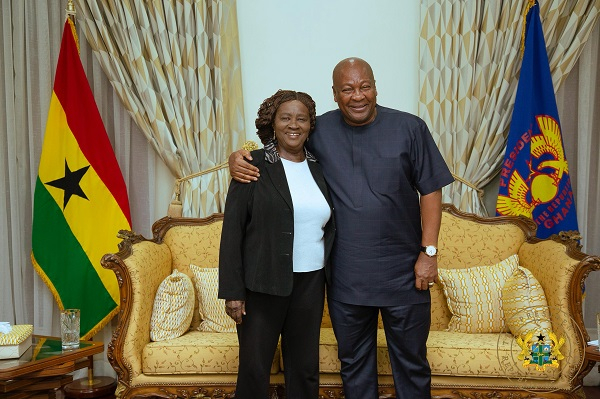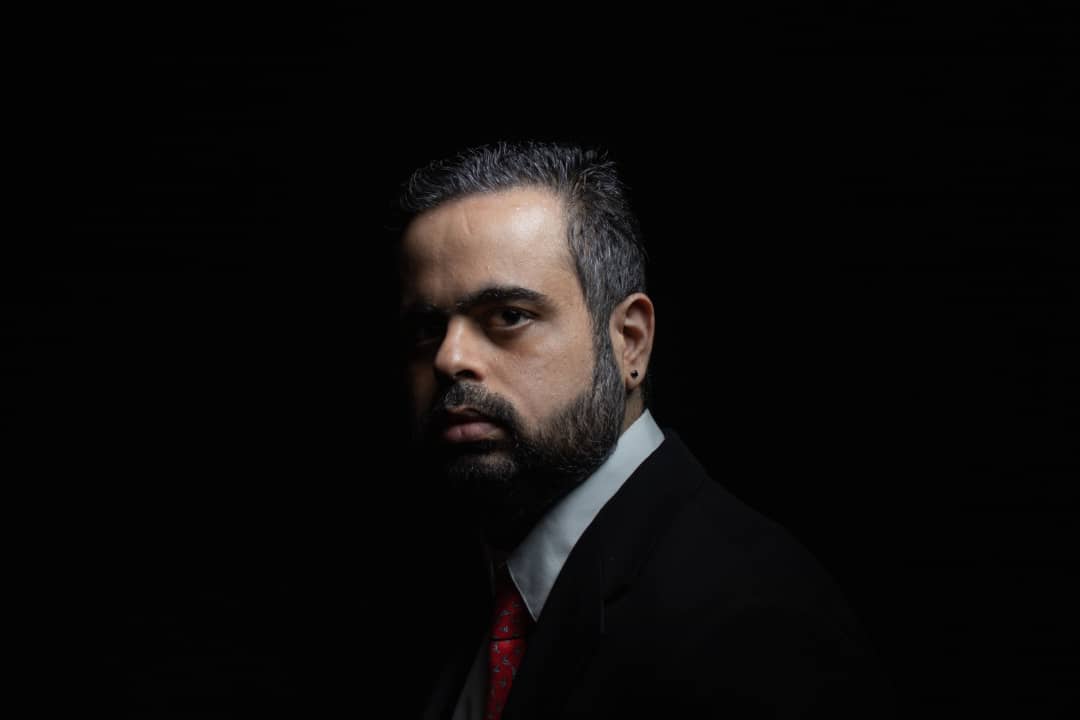Africa: All of Africa Today - May 23, 2025 - allAfrica.com
The UK-Mauritius deal to transfer sovereignty of the Chagos Islands was revived after a British court lifted a last-minute injunction that had blocked the agreement. The High Court initially blocked the signing following a legal challenge from two British-Chagossian women representing the islands' displaced residents. But after a rapid follow-up hearing, Judge Martin Chamberlain ruled the injunction should be removed and "no further interim relief" granted, effectively allowing the handover to proceed. The UK is set to transfer sovereignty over the Chagos Archipelago in the Indian Ocean, which was separated from Mauritius in 1965. The landmark deal will see the UK retain control of the strategically important Diego Garcia military base under a 99-year lease agreement with the United States.
The Democratic Republic of Congo's Senate overwhelmingly voted to strip former president Joseph Kabila of his honorific immunity following accusations that he supported the Rwanda-backed M23 rebel group, which had seized territory in the country's mineral-rich east. 88 senators voted in favour of lifting Kabila's immunity, with five opposing and three abstaining. President Felix Tshisekedi accused Kabila, who had been abroad since 2023, of conspiring with M23 to destabilize the country. Kabila, who has been outside the country since 2023, was not present in the chamber at the time of the vote.
Women in fishing communities in Malawi's lakeshore districts of Nkhotakota and Mangochi are frequently targets of sexual exploitation for fish, a practice commonly known as 'sex for fish.' Women are being coerced into transactional sex by male boat owners in order to access fish, according to a report recently released by the Malawi Human Rights Commission (MHRC). A MHRC inquiry into fishing hubs along Lake Malawi found that systemic abuse was deeply entrenched, with minimal intervention from authorities. The report found out that lack of targeted policies and enforcement mechanisms within fishing communities has created an environment where women are vulnerable to sexual exploitation and left without recourse when faced with unwanted pregnancies or abuse.
Uganda's parliament passed the 2025 Uganda Peoples' Defence Forces (Amendment) Bill, allowing military courts to try civilians for crimes allegedly linked to the army. The move came despite a Supreme Court ruling in January 2025 that declared military trials of civilians unconstitutional. The top court ordered the military to halt all ongoing trials of civilians and to transfer them to the civilian court system. President Yoweri Museveni is expected to sign the bill into law. If signed into law, the bill will allow military courts to try nonmilitary personnel who are accused of committing offenses in collaboration with soldiers. The African Commission on Human and Peoples' Rights has said that military courts "should not, in any circumstances whatsoever, have jurisdiction over civilians."
The Trump administration revoked Harvard University's Student and Exchange Visitor Program (SEVP) certification, barring it from enrolling international students, citing the school's refusal to provide behavioral records of visa holders. Homeland Security Secretary Kristi Noem warned other institutions, said that Harvard's actions violated federal reporting requirements and would prevent the school from admitting foreign students for the 2025–2026 academic year. According to Harvard University's One World programme, the Ivy League institution has so far enrolled about 6,793 international students. This policy is the latest attempt to pressure the university and other elite universities in the US as part of the Trump administration's broader effort to change race-conscious admissions policies and challenge what it considers to be liberal bias in academia. The decision followed months of federal scrutiny, including aid freezes and investigations into alleged racial preferences in education. Harvard condemned the move as retaliatory and reaffirmed its support for academic freedom and its diverse international community.

Sign up for free AllAfrica Newsletters
Get the latest in African news delivered straight to your inbox
The West African geopolitical landscape is undergoing a seismic shift due to the Economic Community of West African States (ECOWAS) inability to effectively address the region's political and security challenges has eroded faith in its vision. The institution lost its legendary prestige in the eyes of West Africans, and its conduct has caused instability in the region. The rise of the Alliance of Sahel States (ASS), comprising Mali, Niger, and Burkina Faso, led by military juntas, represents not only a daring step but also a fundamental challenge to the existing West African organization. ECOWAS was also criticized for deferring to Western interests, ignoring governance crises, and failing to uphold democratic principles. After fifty years of existence, ECOWAS is at risk of disappearing if many of its current leaders continue to turn a deaf ear to the rightful desires of their people.










